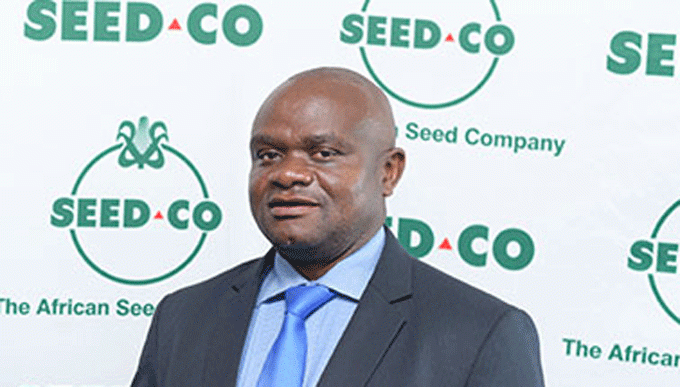
LISTED firm Seed Co International Limited (SCIL) says climate change has forced it to introduce tougher seed varieties that can withstand the natural phenomenon and boost food production.
In recent years, agricultural, forestry and fishing businesses have been forced by climate change to alter their approach in dealing with the physical, transitional and liability risks associated with these changing weather events.
A push to adopt a climate smart approach in agriculture is part of the transition to a net-zero future that is being pushed globally. This push offers new growth opportunities for business that can lead to more jobs and revitalised economies.
In an interview with NewsDay Business, SCIL chief executive officer Morgan Nzwere said the company had revamped its seed varieties to help sustain farmers.
“In terms of climate change, we have not seen any significant impacts on the business but what we have seen is the change in varieties that people are looking for. Where they have been looking for high maturing varieties, they now want something that is assured of a yield because of reduced rainfall,” he said.
However, he noted that whenever the market moves from high margin maturing varieties to low margin maturing varieties, it affects the price.
“For early maturing varieties, we normally charge very little because they are meant for small-scale communal sectors which do not have irrigation facilities. So, we have been adjusting and investing in research and development to enable us to deliver according to what the market wants,” he added.
In a recent update for the financial year 2023, Nzwere said intellectual property generated from a strong research and development innovation pipeline continued to be the bedrock of the business.
- Seed Co muscled out of Pfumvudza
- SeedCo records an increase in forex sales
- Seed Co moves to mitigate climate change effects
- Seed Co pushes new drought resistant seed on Zim market
Keep Reading
He added that the company continued to renew the pipeline in line with climate change.
“During this period, we managed to have several vegetable hybrids commercialised in our markets regional varietal registrations to leverage our regional footprint. We now have nine maize and seven soyabean varieties successfully listed on the Southern African Development Community catalogue,” Nzwere said.
“We have five maize and three soyabean varieties successfully listed on the Comesa [Common Market for Eastern and Southern Africa] catalogue, one wheat variety was successfully listed on the Comesa catalogue.”
He said efforts were underway to find solutions to fall army worm and cob rot tolerant maize germ plasm.
“We continue to carry out research on new crops like rice and potato in order to widen our product basket,” Nzwere said.
The move towards more climate resistant seeds comes at a time when weather conditions are pointing to a drought in the upcoming 2023/24 agricultural season.











